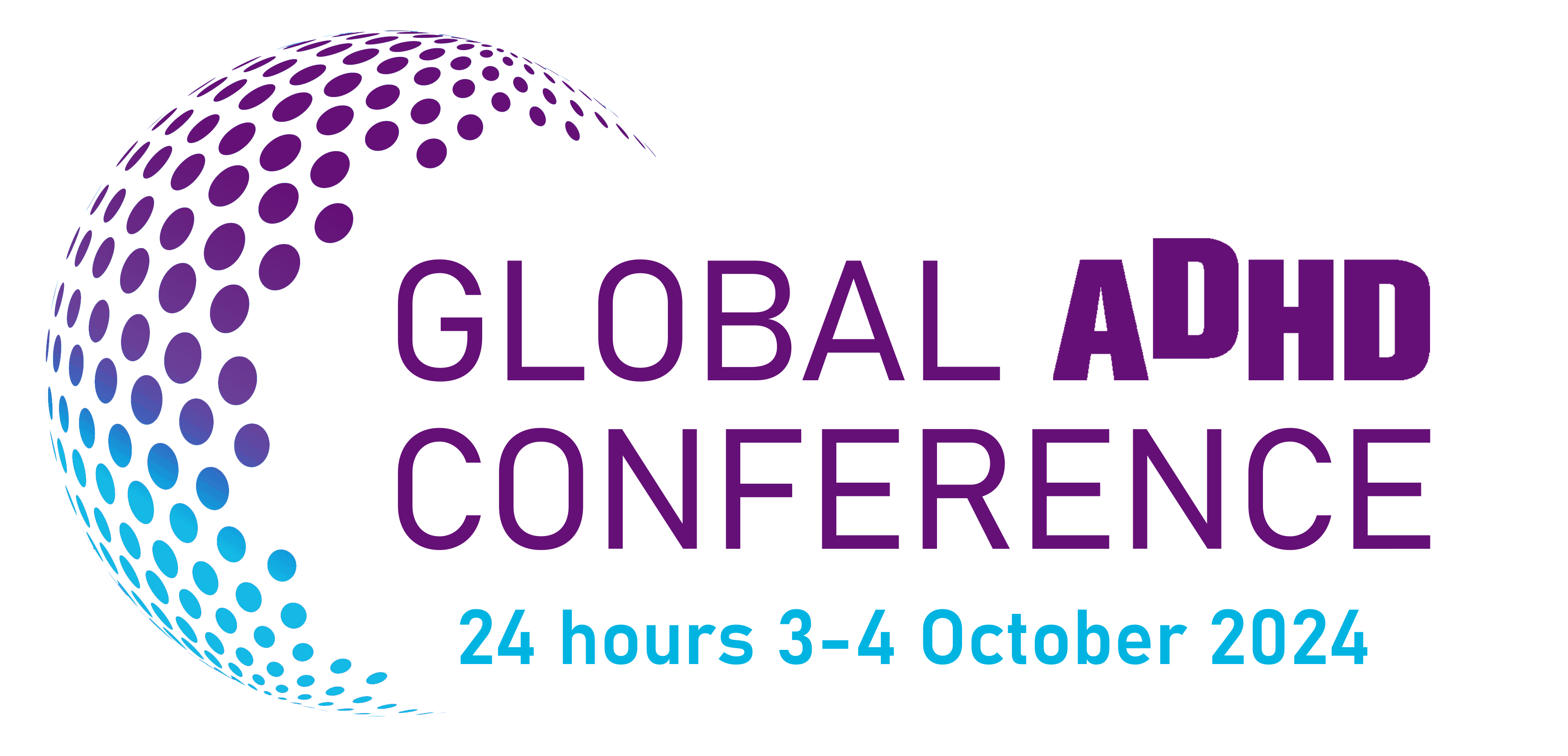Tania Martin
2024 Global Conference Speaker
Biography
Founder & Neuro-inclusion Consultant, Trainer and Speaker
Tania Martin is the founder of PegSquared and an experienced Neuro-inclusion consultant, speaker and trainer. She helps workplaces navigate neurodiversity at both an organisation and individual level. From her time leading the award-winning UK’s Neuro-Diverse Centre of Excellence at EY, she provides a real world company lens on neuro-inclusion. This is underpinned by 20+ years’ experience of leading complex transformation programmes across both people and technology in large global organisations. These skills together enable her to bring a unique perspective to organisations wanting to create neuro-inclusive workplaces. Her journey also includes navigating her own career with ADHD, diagnosed in 2022, providing a distinctive firsthand perspective on neurodiversity at work.
The Neurodiverse Workplace. Including Neurodivergent recruiting and adjustments.
Tania Martin has ADHD. She was one of the driving forces behind EY’s Neuro-Diverse Centre of Excellence in the UK. The Centre created opportunities for those Neurodivergent people. Especially those with “spikey” profiles who may have had a challenge with a traditional recruitment process. The Centre aimed to provide those hired with a workplace where they felt supported and where the technology teams would benefit from their unique perspectives and skills. Tania has now started her own consultancy, PegSquared, advising organisations on how they too can build neuro-inclusive workplaces, leveraging her learning from leading a neurodiversity programme.
This will be a “fireside chat” format with Henry Shelford. Discussing Neurodivergence in the workplace including recruitment and workplace adjustments. There will be a Q&A at the end.
Use the Comment field below to ask a question for the Q&A section


what is the best way of starting a conversation about ADHD when you suspect a colleague may have this?
Just be honest
Oh my gosh! Before I knew I had ADHD, I found EY so amazing in terms of accessibility, equality, inclusively, equity, and diversity. Can I ask about your experience working in EY and the development of the Neurodiverse Centre of Excellence?
I experienced really bad bullying from my manager who was originally really supportive and went above and beyond and then would punish me and treat me really badly using my triggers against me that previously she supported. Including taking away accommodations previously made. I have a new role now and even though they have been great and really supportive I’m afraid to say when I need help or disclose incase it happens again are there any suggestions?
I’ve been an employer and had management roles in the past, so I can see the ADHD topic from both perspectives in the workplace. There’s two issues to be mindful of: firstly, employers/managers are not mind-readers. If you are struggling with a particular issue then have an honest conversation about it. They will only see the results of your performance and not consider any underlying causes unless it’s brought to their attention. But don’t just talk about the issue, offer a solution as well that might suit both you and them.
Secondly, employers/managers are focussed on work output and efficiency. They want the task done and have an expectation for employees to be able to do it. If you feel that you are stronger in performing in one area but struggle in another, then you can suggest adjusting the tasks you do so you can take on the things you do well and have the tasks you struggle with passed onto another person in the team. Or ask for additional training.
How can you ensure continuous support in the workplace with ADHD? I have ADHD coaching which is helping however I was only given 12 sessions and as a degree apprentice I am using a lot on different topics. Access to work are currently 8 months behind on new applications.
I’ve really struggled with discrimination in the workplace, sadly in varying levels in every job I’ve ever been in. How would you screen companies to assess their attitudes to neurodiversity and discrimination in the workplace at interviews? Or prior to accepting a job offer? I often find I am naive in my view that companies will treat me well and disheartened when I experience discrimination in the workplace. Now I have a lot of fears about this being repeated in the next job. How would you approach this?
I witnessed workplace bullying/harrassment towards someone with ADHD (a volunteer for us) and had been diagnosed myself though no-one knew openly, just the manager. The bully had her usual sycophants and among those were our Manager and the two deputy managers. When I had a breakdown (witnessing it and the bully’s MO led to my having constant panic attacks), the HR Manager understood as they’d had issues with the bully before, yet because of the manager and assistant managers all defending the bully and each other, in the meetings we had, I ended up retiring on medical grounds whilst they’d waited 2 years for me on an NHS wait list for help! Now I understand from ex colleague, the bully remains there. One of the assistant managers has officially complained about her, and now (classic narcissist), the bully has now officially counter-complained about the assistant manager, one of her former gang. You couldn’t make it up! I can’t believe the bully is still employed there. She’s not helpful to the public customers and bitches about them behind their backs, as well as picks on new staff. Racism, ageism, disability, anything is fair game for her. Why is this allowed to go on? This is in a public organisation… I never whistle-blowed before but now `I understand why people don’t call out behaviour that contravenes the Equality Act 2010. My daughter is a human rights barrister and was absolutely appalled. The organisation made me sign an NDA when I called a meeting with all relevant heads/staff etc about it. Paid me off… it was less stressful than taking them to tribunal. Shocking really. And the ADHD volunteer suffered for a while, then left. Was a decent person.
that is no sad and shocking, it needs to stop
OMG Heather – this sounds so much like a place I used to work in (would you believe it an NHS GP surgery)
I regret not whistle blowing but as you say, it was less stressful to just quit and leave and turn my back on all the horrid people who worked there.
I can absolutely believe that, Anna. Public services are not immune to this at all. Mine was in a public service, different kind. I’ve also worked in the NHS, both as a nurse and then later in life as a Responder – and seen many examples over the years. Exactly, they rely on us to quit because of the stress, potentially mentally, physically, and/or emotionally. Rather than actually address the issue… Heaven forbid that, it seems, doesn’t it? It’s sheer laziness amongst many other things. People are just out to cover their own backs and don’t care about these real things happening that are so dangerous to others. Severe outcomes can happen. I really think they actually don’t care. Just as long as they cover their backs. It’s happening from politics downwards, so no wonder – if that is the example leaders are setting.
By the way, I have and do disclose the situation, just not the specific employer.
Do you have any recommended products I can buy for better time management?
A filofax instead of phone calendar ?
Am also trying to spend less on screen time
My wife (ADHD and autistic) has used a Filofax for years and it works well for her.
I am struggling at the moment with being at work with no meds, been off them for 4 weeks now. Work are being supportive but im worrying that i am becoming a little bit too much. I work in the SEN department in a secondary school
I am turning 60 in a couple of weeks and it is purely through my journey of discovery with one of my kids going through all sorts of hell before getting a diagnosis, that I have seen this in me too, but am undiagnosed. It affects me so much in the workplace, and I feel it has got worse, to the point of having a process put in place to ‘improve my performance’, which actually increases the pressure and stress, so it’s a circle! My concern is with disclosing what I believe to be true about me, but is not diagnosed, and how vulnerable that makes me in terms of my job. How would you suggest approaching this in an environment where this is not understood or embraced?